
Striking a Balance: Ensuring the Best Representation in Independent Student
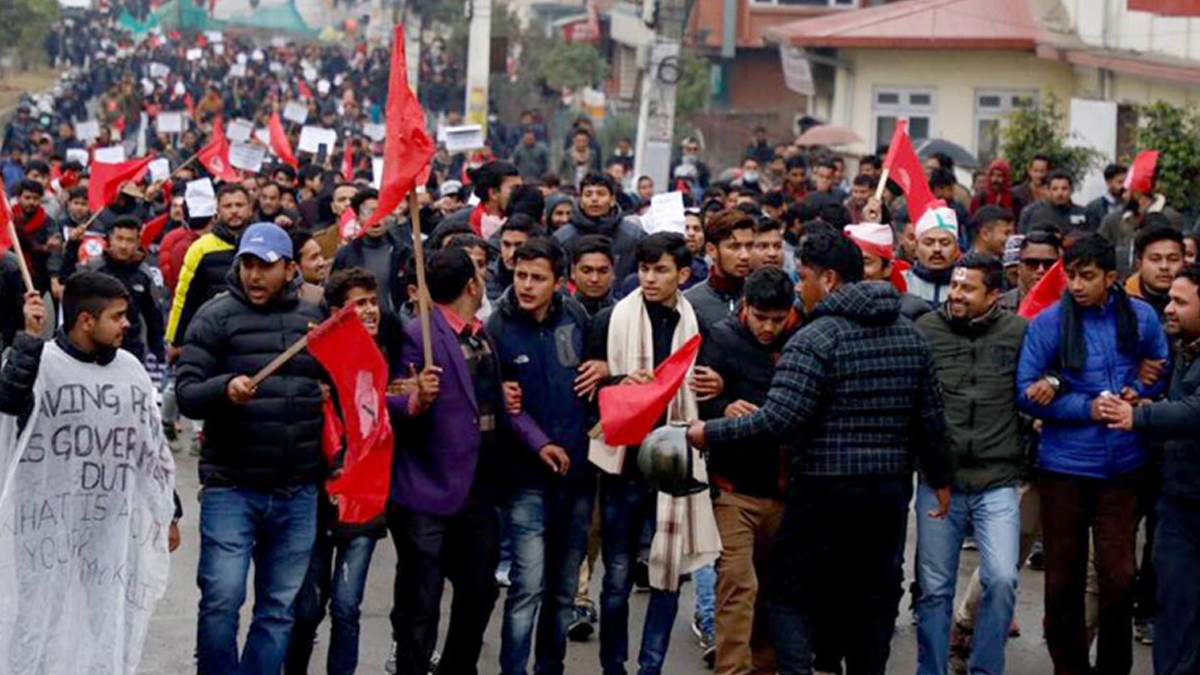
Student unions have a significant role to play in promoting the welfare of students and representing their interests.
The Nepalese student unions are known for their strong activism and advocacy for the rights and welfare of students, as well as their participation in national politics. Nepal has a long history of student unions advocating for students’ rights and furthering their education. However, the process of electing independent student unions has faced several challenges that impact the quality of representation. It is vital to strike a balance to ensure the best representation in independent student union elections.
The student unions in Nepal have a history of activism, particularly in the realm of politics. They have played an important role in the country’s political history, particularly during the 1990 People’s Movement, which led to the establishment of democracy in Nepal. Student unions have also been active in advocating for social justice and human rights issues, such as gender equality, LGBTQ+ rights, and environmental conservation. One of the most prominent student unions in Nepal is the All Nepal National Free Students Union (ANNFSU), which was established in 1970. It is affiliated with the Communist Party of Nepal and is one of the largest student unions in the country.
The ANNFSU has been active in advocating for the rights of students and has played a key role in shaping education policy in Nepal. Other prominent student unions in Nepal include the Nepal Student Union, which is affiliated with the Nepali Congress Party, and the All Nepal National Independent Students Union-Revolutionary (ANNISU-R), which is affiliated with the Communist Party of Nepal (Maoist).
Challenges in Independent Student Union Elections in Nepal:
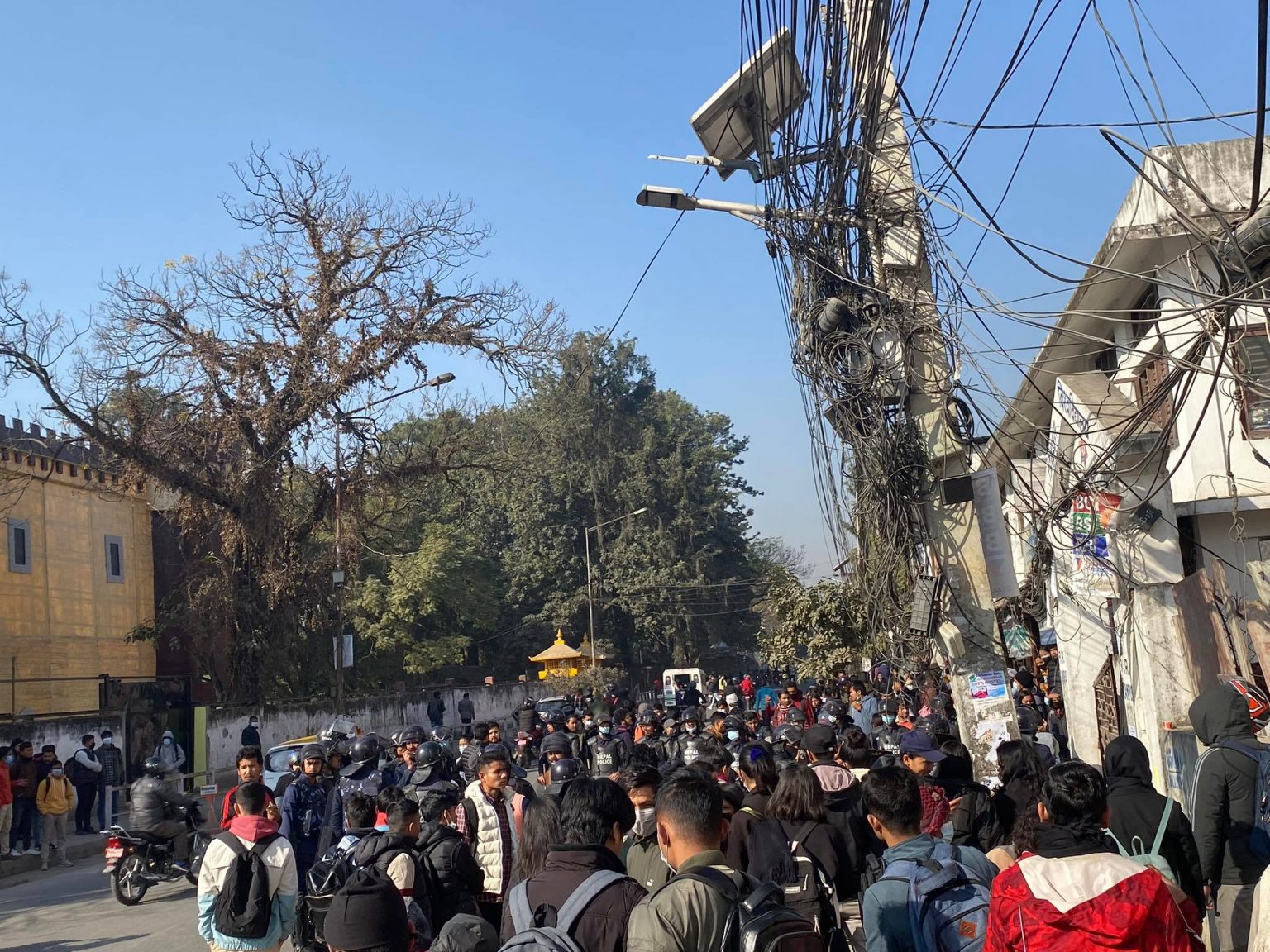
One of the significant challenges in these elections is violence and intimidation. Candidates often use threats and violence to intimidate their opponents and manipulate the process, putting students’ lives at risk. It is essential to adopt measures that promote peaceful and non-violent campaigns to ensure that all candidates have a fair chance of winning.
Transparency is another crucial challenge in the election process. Irregularities such as vote-buying, ballot-stuffing, and manipulation of the voter register undermine the credibility of the election and deny students the opportunity to choose the best leaders. It is necessary to ensure that the election process is transparent, and all candidates have access to the voter register. The lack of diversity in student union leadership is another issue. Student unions are often dominated by a particular group or community, limiting the representation of other students.
In addition, there is also a need to address the issue of low voter turnout. Many students are either not interested in the elections or are not aware of their significance.
Another challenge is the lack of accountability of student unions. Many student unions operate without any oversight or accountability mechanisms, and their leaders often misuse their power for personal gain. It is essential to establish accountability mechanisms to ensure that student unions are accountable to their members and operate in a transparent and responsible manner.
Measures to promote free and fair Independent Student Union Elections in Nepal:
To address these challenges, it is crucial to adopt measures that promote free and fair elections, transparency, and diversity. One way to achieve this is to involve independent electoral bodies to oversee the election process. These bodies should ensure that the election process is free from violence, intimidation, and irregularities.
Additionally, there should be mechanisms to promote the participation of all students in the election process, including those from marginalized communities. To increase voter turnout, awareness campaigns must be launched, informing students about the importance of participating in the elections and the role of student unions. Encouraging student participation is also essential, and the election commission must make it easier for students to register and vote while working with student unions to increase the level of student involvement in the electoral process.
It is essential to promote dialogue and consensus-building among students to reduce the incidence of violence and promote peaceful campaigns. Student leaders should be trained on conflict resolution, leadership, and communication skills to enable them to serve the student body better.
In conclusion, student unions play a critical role in promoting students’ welfare and interests. Striking a balance is crucial to ensuring the best representation in independent student union elections. However, independent student union elections are challenging, and it is necessary to adopt measures that promote free and fair elections, transparency, and diversity.
This will promote the credibility of the election process and enable students to choose the best leaders to represent their interests. Additionally, promoting student participation and increasing awareness about the significance of student union elections are essential in ensuring that students take an active interest in the electoral process. The lack of accountability and the under-representation of women in student union leadership also need to be addressed to promote gender equality and ensure that student unions are accountable to their members.
It is important to note that addressing these challenges requires a collaborative effort from all stakeholders, including the government, election commission, student unions, and students themselves. By working together, they can promote an electoral process that is fair, transparent, and independent, and which reflects the diversity and interests of the student population.
Overall, the success of Independent Student Union Elections in Nepal will depend on the willingness of all stakeholders to address the challenges and promote a culture of democracy, accountability, and transparency. Through these efforts, student unions can continue to play a crucial role in promoting the welfare and interests of students, empowering them to be active and engaged citizens in their communities and the wider society.
- Navigating the Perils of Digital Crime in Nepal: Building a Safer Digital Future
- Democracy or Plutocracy Navigating the Balance of Power
- “Importance of Forming Defense Attacker to Control Cybercrime Damage”
- “Undermining Democracy: The Impact of Political Interference on Judicial Appointments in Nepal”


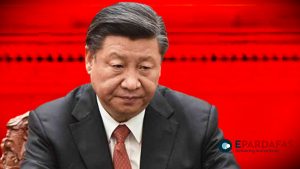
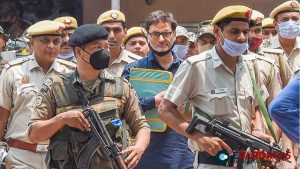
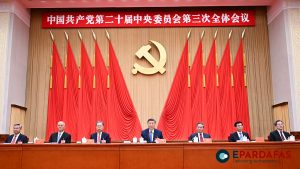
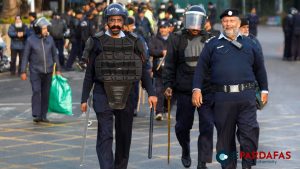
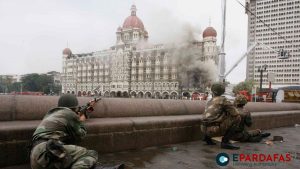






Comments